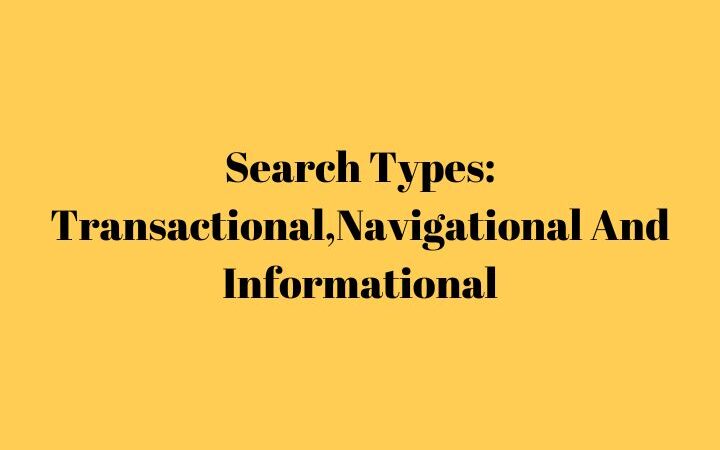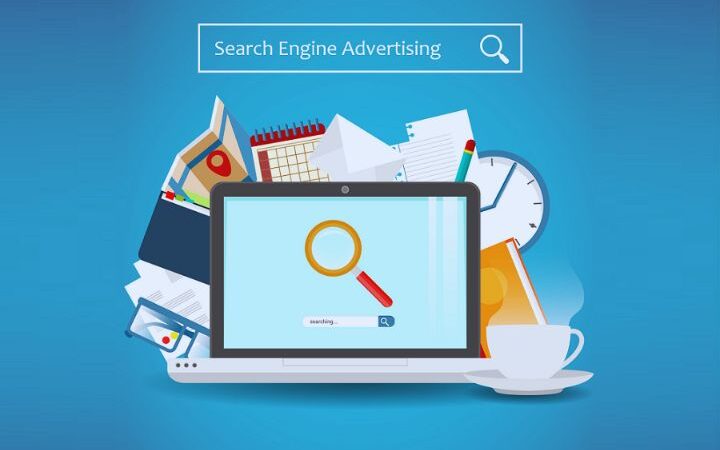What Is Relational Marketing? What Are The Advantages And Disadvantages Of Relational Marketing?

Relational Marketing is the set of strategies and processes with the aim of putting aside the idea of attracting new customers, and focusing on building loyalty and keeping them in the long term.
Table of Contents
What Is Relational Marketing?
Relational Marketing focuses on the customer and establishes a stable and satisfactory relationship with him. In this case, instead of recruitment, loyalty plays a key role and the increase in the economic value of each client already captured.
This strategy seeks to improve results in the long term: thanks to the amount of information obtained from customers, a user life cycle can be established that helps define marketing actions based on the phase in which they are. the user.
This results in more personalized actions, and although the audiences are less massive, the response and conversion rate is usually higher due to having made an effort in defining the audiences and in caring for the relationship with them. The role of the user in the relationship also becomes important, taking a more active role, establishing a two-way communication between company and client.
What Are The Advantages And Disadvantages Of Relationship Marketing?
Relationship Marketing offers many benefits in this current environment.It is widely used today where the market has become very competitive and customers are increasingly demanding. Companies focus on customers seeking to differentiate themselves from the brand and earn their trust. its main advantages are:
Advantages Of Relationship Marketing
- It uses non-intrusive techniques to attract customers (ex: inbound marketing ).
- It increases the loyalty of customers who have a better experience with the company throughout the purchase process, from information search to after-sales and customer service. Clients are trustworthy and return to the company, increasing its client database.
- Relationship Marketing Customizes offers, promotions and services for each client.
- Improves the opinion of customers about the company, brand and its products and services. With the massive use of the Internet, users participate by leaving their opinions on the products, services and attention received by companies. Relationship Marketing gets a higher degree of favorable opinions in this framework.
- It allows you to differentiate yourself from the competition and increase the visibility of the brand.
Disadvantages Of Relationship Marketing
Despite the fact that Relationship Marketing is the most used by companies in the current framework, it must be borne in mind that carrying it out is not an easy task and therefore there are some drawbacks when applying it. The main disadvantages of Relationship Marketing are:
- Relationship Marketing Increases the expenses. By focusing on customer satisfaction, the actions and measures to take to achieve this can lead to increased expenses.
- Business opportunities can be overlooked. Being 100% customer-centric, specific opportunities or passing trends can be missed that can produce benefits for the company or attract new potential customers. Focusing solely on a Relationship Marketing strategy can be detrimental in these cases for a business.
- It is a long-term strategy so if you are looking for short-term results, it is not ideal.
- Negative feedback . A badly run Relationship Marketing campaign or with poorly defined objectives can cause the opposite effect and create negative feedback, losing customer trust instead of gaining it.
What Are The Differences between Transactional Marketing And Relationship Marketing?
The main differences between Relationship Marketing and Transactional Marketing.
- Relational Marketing can lead to increased costs by having to perform different actions to satisfy the customer while Transactional Marketing increases advertising costs.
- Relationship Marketing loyalty to customers who return to the company in the future while Transactional Marketing attracts new potential customers.
- Relational Marketing makes a two-way communication with the customer while Transactional Marketing makes a one-way communication (from the company to the customer).
- In Relationship Marketing the customer is an active element that interacts while in Transactional Marketing the customer is a passive element (his only action is the purchase).
- Relationship Marketing is focused on the customer and their satisfaction while Transactional Marketing is focused on the product or service and sales.
- Relational Marketing increases the trustworthy customer base while traditional marketing increases sales.
- Relationship Marketing uses a long-term strategy while Transactional Marketing uses a short-term strategy.






